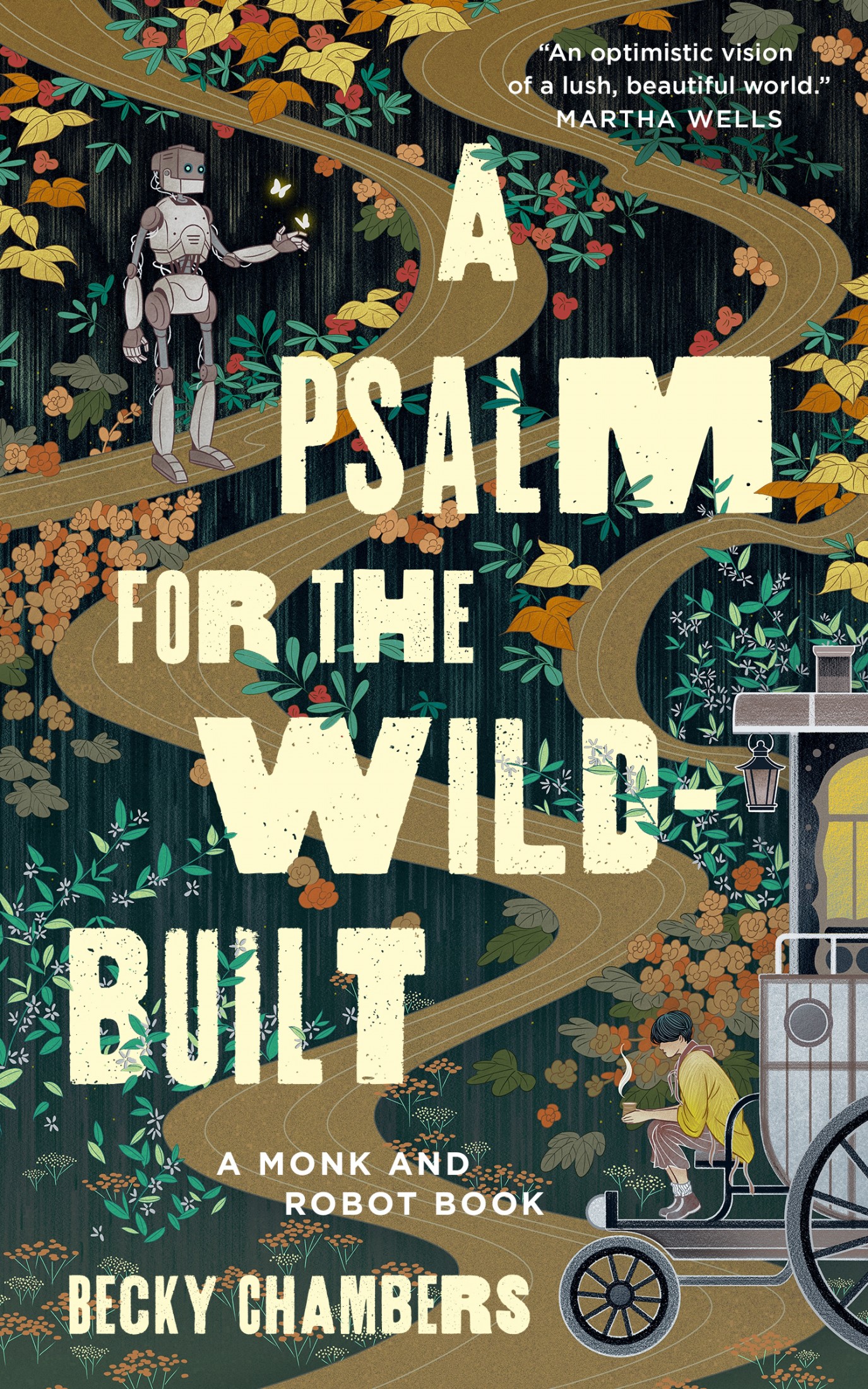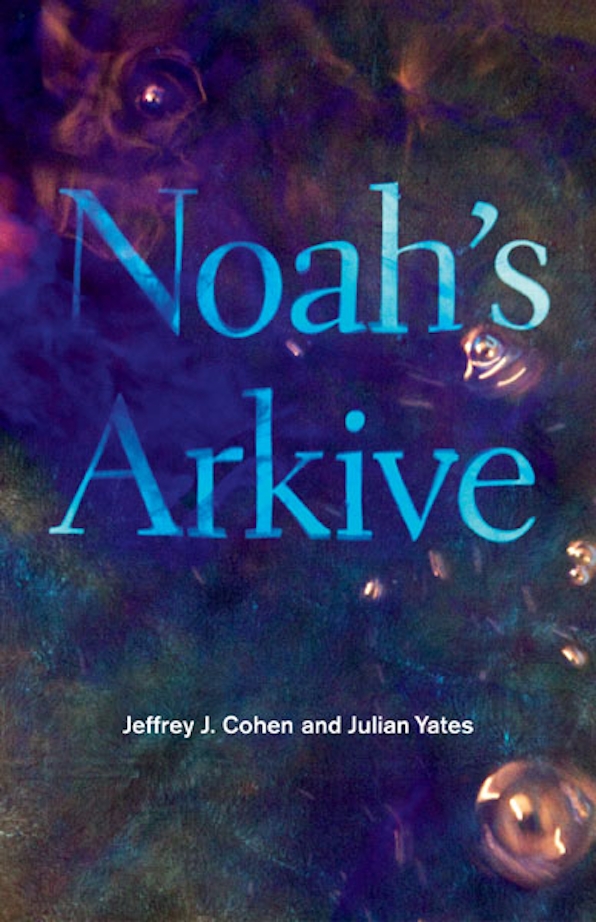I devoured this book. lots to think about. like others have said, the pacing is pretty wild--part I races and part II drags. despite the dragging, something about the sparse, direct prose style kept me totally hooked in both parts. I loved the prose.
the content/themes/message are very chewy. I thought it was very honest, reading as a woman who is also so confused about having kids, and a woman who has a body. I really saw myself in the protag's anxious weighing of the pros and cons.
I do have some issues with the end. I feel like at every turn, the protag got good reasons not to have kids. she asked the universe a lot and the universe mostly said do not do it. and then she decided at the end to do it. which is brave! but the pacing was SO rushed at the end. We didn't get a compelling reason why she decides to have the baby--she basically says, yes I could hurt my child by creating them but i'll take that chance. which to me is not satisfactory. and then we SPRINT through the pregnancy and birth. We're left with the message that women should get pregnant because it's a miracle and that outweighs EVERY other consideration. Just do it! Just have baby! It's your destiny! It felt so discordant with the (very long) rest of the book.
This really sticks in my craw. I saw a disabled mom creator post something recently to the effect of--when she was considering getting pregnant, everyone told her to do it, believe in miracles, women are beautiful, babies are revelations, etc etc. and then once she had the baby, she got floods of awful comments telling her she was endangering her child by being disabled, that she should give her child away, that she's delusional for thinking she should be a mom. I feel like the cultural messages I get as a (disabled) American woman are really similar: pregnancy and birth=warrior goddess queen, and once it comes to parenting a child you're on your fucking own. I'm getting the sense that Kawakami is writing from a very different cultural context, so maybe it would hit different if I was an (able-bodied) single woman in Japan, but the end of this book really reinforced that message for me, and I found that unsatisfying.
All of that being said: I loved reading this book, I think Kawakami's writing is fantastic, and I'll be thinking about this for a long time.








